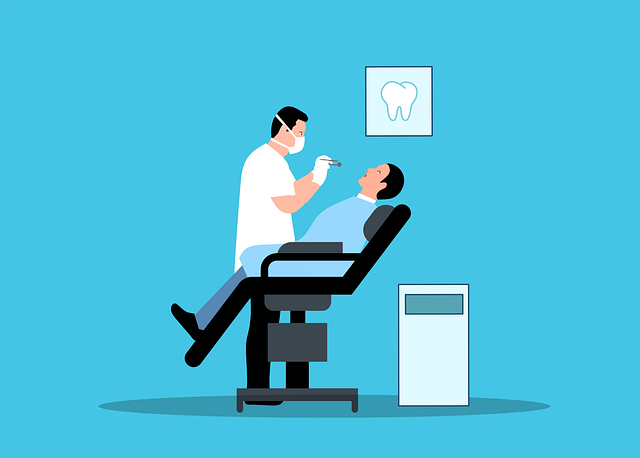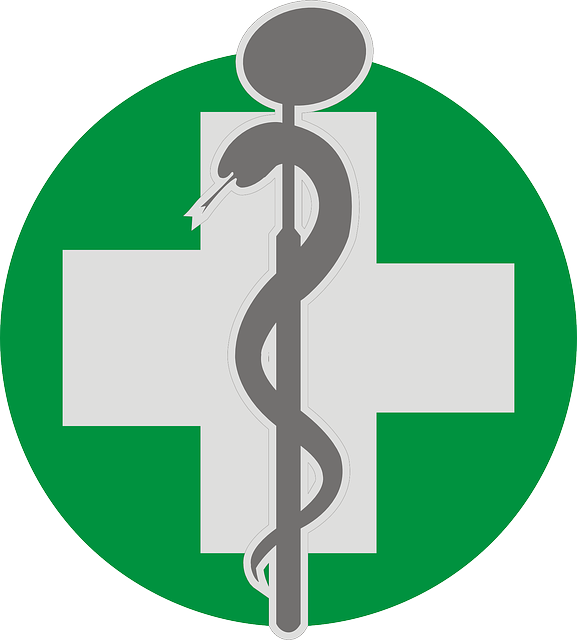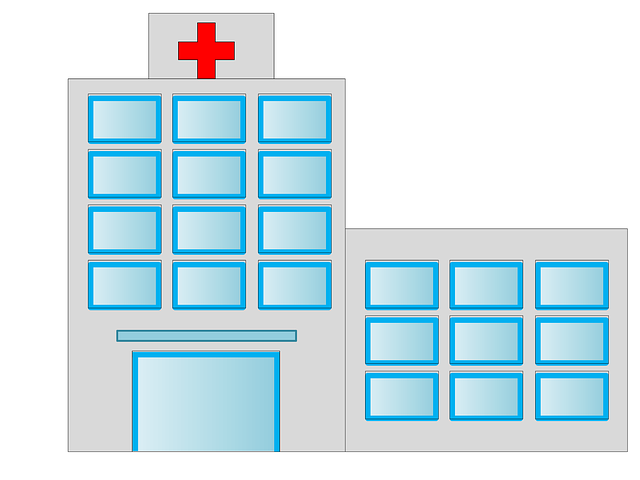In South Africa, individuals with chronic conditions or disabilities must choose between hospital plans and medical aid schemes, each offering distinct advantages. Hospital plans are short-term, limited to specific treatments, while medical aid schemes provide comprehensive, long-term coverage for diverse medical expenses, including chronic care. The best option depends on personal factors like condition severity and healthcare needs. Key considerations include coverage scope, provider networks, out-of-pocket expenses, accessibility, and future condition changes. Top plans offer broad coverage, reputable providers, telemedicine, wellness programs, and support groups. Choosing between them requires comparing these factors to ensure optimal care, with disability-focused medical aids providing inclusive packages beyond traditional coverage. Understanding which is better—hospital plan or medical aid—depends on individual requirements and a thorough review of benefits.
Navigating healthcare options for chronic conditions or disabilities in South Africa? Understanding the difference between hospital plans and medical aid schemes is crucial. This guide delves into the best options available, offering comprehensive coverage tailored to your needs. From top hospital plans providing wide-reaching benefits to specialized medical aid schemes focusing on disability care, we explore factors to consider and conduct a comparative analysis of costs, benefits, and services covered, helping you make an informed choice between hospital plans and medical aid.
- Understanding Hospital Plans vs. Medical Aid Schemes in South Africa
- Factors to Consider When Choosing a Plan for Chronic Conditions
- Top Hospital Plans Offering Comprehensive Coverage for Chronic Illnesses
- Medical Aid Schemes Specialising in Disability Care and Support
- Comparative Analysis: Cost, Benefits, and Services Covered
Understanding Hospital Plans vs. Medical Aid Schemes in South Africa

In South Africa, individuals often face a crucial decision when it comes to managing their chronic conditions and disabilities: choosing between hospital plans and medical aid schemes. While both options aim to provide healthcare coverage, they differ significantly in structure and benefits. Hospital plans are typically short-term insurance policies designed for specific treatments or procedures, offering limited coverage for ongoing care. In contrast, medical aid schemes are comprehensive long-term programs that cover a wide range of medical expenses, including chronic conditions and disabilities.
When deciding between a hospital plan and medical aid, the key consideration is the nature and extent of healthcare needs. For those with specific, defined conditions requiring regular treatment, a medical aid scheme might be the better choice due to its broader coverage and ability to cater to ongoing care requirements. In contrast, hospital plans could be more suitable for individuals seeking temporary coverage for specific procedures or who have less frequent healthcare needs related to their chronic condition.
Factors to Consider When Choosing a Plan for Chronic Conditions

When selecting a plan for chronic conditions in South Africa, several key factors come into play, challenging individuals to make an informed decision. A thorough comparison between hospital plans and medical aid schemes is essential, as both have unique benefits and limitations. The choice ultimately depends on personal circumstances, the specific chronic condition, and associated healthcare needs.
Understanding the scope of coverage, network of service providers, and out-of-pocket expenses is crucial. Some plans may offer more extensive coverage for specialized chronic care, while others focus on general medical aid. Individuals should assess their accessibility to healthcare facilities, specialist doctors, and the potential for future changes in their condition, ensuring the chosen plan provides flexibility and continuity in treatment.
Top Hospital Plans Offering Comprehensive Coverage for Chronic Illnesses

When it comes to managing chronic conditions and disabilities, having the right hospital plan or medical aid scheme is paramount. In South Africa, several providers offer comprehensive coverage tailored for these specific healthcare needs. These plans typically include access to specialist care, regular check-ups, and treatments for conditions like diabetes, heart disease, and mental health disorders.
Standing out among the top hospital plans are those that provide not just broad coverage but also a network of reputable hospitals and specialists. Some even offer additional benefits such as telemedicine services, wellness programmes, and support groups. Whether you’re considering a hospital plan or medical aid, it’s crucial to compare these factors to ensure you receive optimal care for your chronic condition or disability.
Medical Aid Schemes Specialising in Disability Care and Support

When it comes to managing chronic conditions and disabilities, choosing the right hospital plan or medical aid scheme is paramount for accessing quality care and support. South Africa offers a range of options designed specifically to cater to individuals with special healthcare needs. Medical aid schemes specialising in disability care provide comprehensive packages that extend beyond traditional medical coverage.
These schemes often include specialized services such as physiotherapy, occupational therapy, and regular reviews by multidisciplinary teams. They may also offer assistance with adaptive equipment, home modifications, and accessible transportation. Unlike standard hospital plans, which might have limitations or exclusions for pre-existing conditions, these disability-focused medical aids are designed to be more inclusive, ensuring members receive the ongoing support necessary for managing their disabilities effectively.
Comparative Analysis: Cost, Benefits, and Services Covered

When choosing between a hospital plan and medical aid, a comprehensive comparative analysis is essential to determine which option offers the best value for managing chronic conditions and disabilities. One key aspect to consider is cost. Hospital plans typically have lower monthly premiums compared to medical aids, making them more affordable for individuals or families on a budget. However, it’s important to examine the specific benefits and services covered under each plan.
Medical aids generally provide broader coverage, including inpatient and outpatient care, specialist consultations, and various therapeutic treatments. They often offer network hospitals and healthcare providers, ensuring easier access to quality medical services. Conversely, hospital plans might have limited options for specialized care or require out-of-pocket expenses for certain procedures. Evaluating the range of services, co-payments, and any exclusions is crucial in understanding which option aligns best with your specific health needs, especially for chronic conditions that often require ongoing specialist care and management.
When deciding between a hospital plan or medical aid scheme for chronic conditions and disabilities in South Africa, understanding your specific needs is key. Both options offer valuable coverage, but each has its strengths and weaknesses. While hospital plans excel in comprehensive chronic illness care, medical aid schemes often provide more support for disability-related expenses. Considering factors like cost, benefits, and the services covered, you can make an informed choice that best suits your unique circumstances. Ultimately, the “better” option depends on your individual requirements, ensuring peace of mind and access to quality healthcare when it’s needed most.







